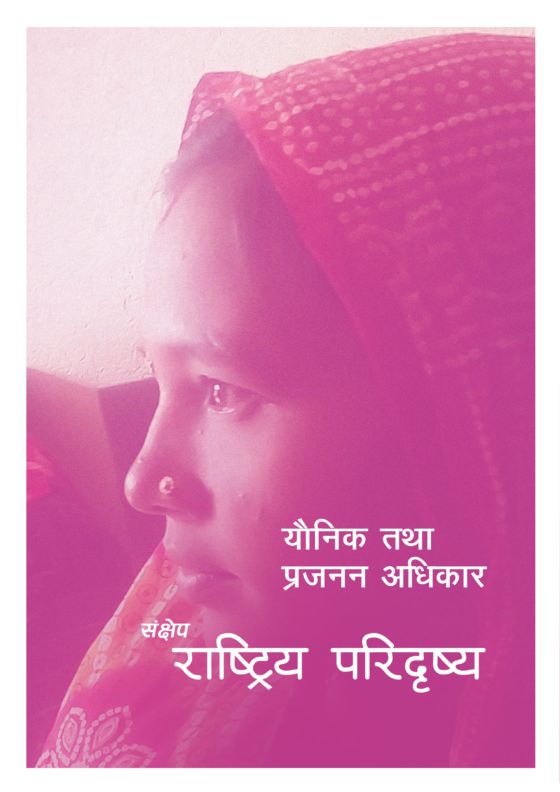Sex Work
Sex workers are women, men and transgender people who receive money or goods in exchange for sexual services, and who consciously define those activities as income generating even if they do not consider sex work as their occupation.
The sex workers’ rights movement as we know it today initiated in some countries in France, Germany, and England in the late 1970s. In England, an organisation, English Collective of Prostitutes (ECP), was formed which campaigned for decriminalisation of sex work and sex workers’ right to recognition and safety. In France, a group of 20 sex workers occupied a church in Lyon to ask for decriminalisation of sex work in France and to abolish abusive practices against sex workers by the police. In Germany, too, a formal group of activists came together under group names Hydra in 1979 with the aim to form a self-help organisation. The group also campaigned for recognition of sex work and for de-stigmatisation of sex work.
The debates and discussions around sex work has evolved and has taken many shapes over the years. What constitutes as sex work? Is sex work work? Should it be regulated to minimise exploitation, or should it be abolished altogether? Can criminalising the purchaser provide a viable solution? How has debates around sex work shaped our understanding of sex? How does criminalising sex work affect their rights, well-being and health? How are anti-trafficking laws affecting sex workers? In this thematic resources bulletin, we present some selected resources that explore some of these debates around sex work.
Why We Need to Bridge the Gap Between Sex Workers’ Movement and Abortion Rights Activism
This essay draws a comparison on the issue of women’s right to access safe and legal abortion and sex workers’ rights, the core being these women having control over their own bodies, sexuality, and choices.
The Feminist and the Sex Worker: Lessons from the Indian Experience
Using the case study of sex workers in India, this articles argues that despite the long history of tensions between feminist and sex workers, it is becoming clear that the former has much to learn from the latter.
Sex and Sex Work: Same-Same But Different
Is sex work work? Is sex work sex? Collated from a discussion between sex workers of different ages at the Empower Foundation, Thailand, this article attempts to answer these questions.
The Difference Between Decriminalisation and Legalisation of Sex Work
This web article provides an overview of various arguments for and against decriminalisation of sex work and also explains how decriminalisation differs from legalisation of sex work through case studies.
“We Have the Right Not to Be ‘Rescued’…”: When Anti-Trafficking Programmes Undermine the Health and Well-being of Sex Workers
This paper highlights the impact of anti-trafficking schemes and the raid, rescue and rehabilitation methodology on HIV/AIDS prevention programmes using the case study of Veshya Anyay Mukti Parishad (VAMP), a sex workers’ collective in Sangli, India.
Feminism, Power, and Sex Work in the Context of HIV/AIDS: Consequences for Women’s Health
This paper examines the anti-sex work position of abolitionist radical feminists in favour of criminalisation of clients, and how it negatively impacts the health of women despite the abolitionists’ desire to improve women’s health.
The Business of Sex
This collection of essays attempts to look beyond the popular discourses around sex work and reflects on how sex work has changed the way we view sex, sexuality, choice and consent.
Work, Sex and Sex-work: Competing Feminist Discourses on the International Sex Trade
This paper examines the two strands of feminist discourses around sex work, i.e., radical feminists who see sex work (forced or voluntary) as exploitative and abusive in its very nature and sex radicals who have attempted to shift the focus to sex workers’ human rights and have advocated for regulating sex trade.

